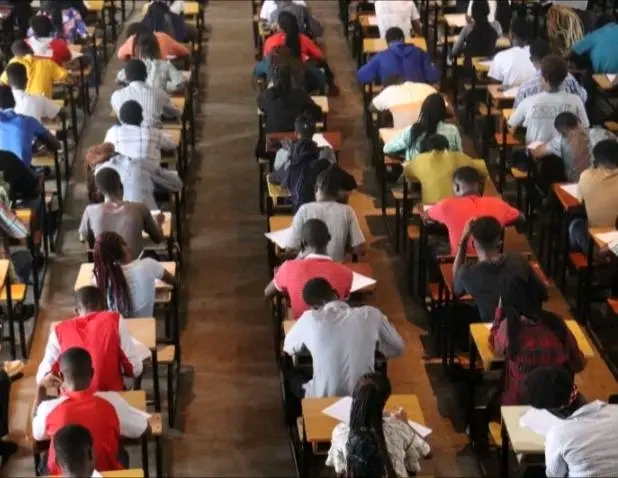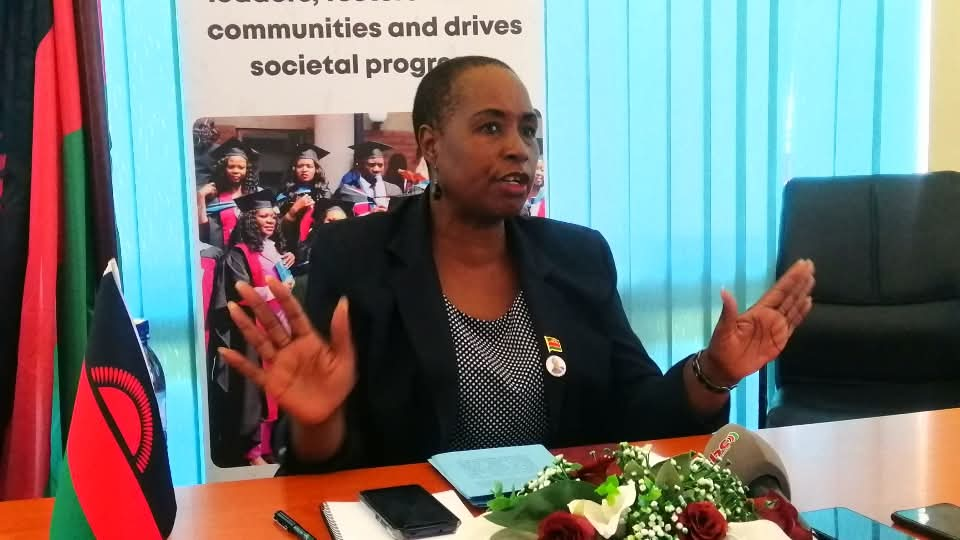By Burnett Munthali
The recent expulsion of six students from the Malawi University of Business and Applied Sciences (MUBAS) for cheating during examinations raises significant concerns about academic integrity and the broader implications for the educational system in Malawi. The decision, confirmed in a memo dated September 26, 2024, highlights the university’s commitment to upholding academic standards while also revealing systemic issues that may be contributing to such incidents of misconduct.
The Context of Cheating in Higher Education
The expulsion of Joram Chigongwa, Griphin Sefasi, Joseph Pitani, Steven Phiri, Haervy Ackson Sakala, and Isaac Siyama reflects a growing concern about cheating in higher education. As competition intensifies for limited job opportunities and societal pressures mount to achieve academic excellence, some students may feel compelled to resort to unethical practices. This situation is not unique to MUBAS; it is indicative of a larger trend affecting universities globally, where academic dishonesty has become a critical issue.
The Role of the Academic Disciplinary Committee
The involvement of the Academic Disciplinary Committee underscores the university’s proactive stance in addressing cheating. By conducting a thorough investigation and ensuring due process, MUBAS aims to send a strong message that academic misconduct will not be tolerated. The fact that only one student, Rasheed Kapito, was cleared of wrongdoing while another, Yasin Njinga, received a serious warning, illustrates the committee’s commitment to fairness in its proceedings. However, it also raises questions about the support systems available to students facing immense pressure during examinations.
Implications for Academic Integrity
The expulsion of these students has far-reaching implications for MUBAS and the Malawian education system as a whole. First, it serves as a deterrent to other students who may consider engaging in similar misconduct. By enforcing strict penalties, the university reinforces the idea that integrity is paramount in academic pursuits.
However, the incident also invites a broader conversation about the underlying causes of cheating. Are the current assessment methods too rigid? Are students equipped with the necessary resources and support to succeed without resorting to dishonesty? A holistic approach to education that includes academic counseling, study skills training, and mental health support could mitigate the pressures that lead to cheating.
The Path Forward
Moving forward, MUBAS and other educational institutions in Malawi must address the factors contributing to academic dishonesty. This includes reviewing examination processes, enhancing academic support services, and fostering an environment that prioritizes learning over grades. Universities should also consider implementing honor codes and integrity training to cultivate a culture of honesty among students.
Conclusion
The expulsion of the six students from MUBAS is a critical reminder of the ongoing challenges facing higher education institutions regarding academic integrity. While it is essential to uphold standards and penalize misconduct, it is equally important to examine the systemic issues that may lead students to cheat. By addressing these underlying factors, MUBAS can work towards creating a more supportive academic environment that encourages integrity and success for all its students.




